The discussion was held to celebrate the anniversary of the Vietnam Women's Union on October 20, with the hope of creating a space for journalists and experts to share experiences and perspectives on gender in journalism activities.
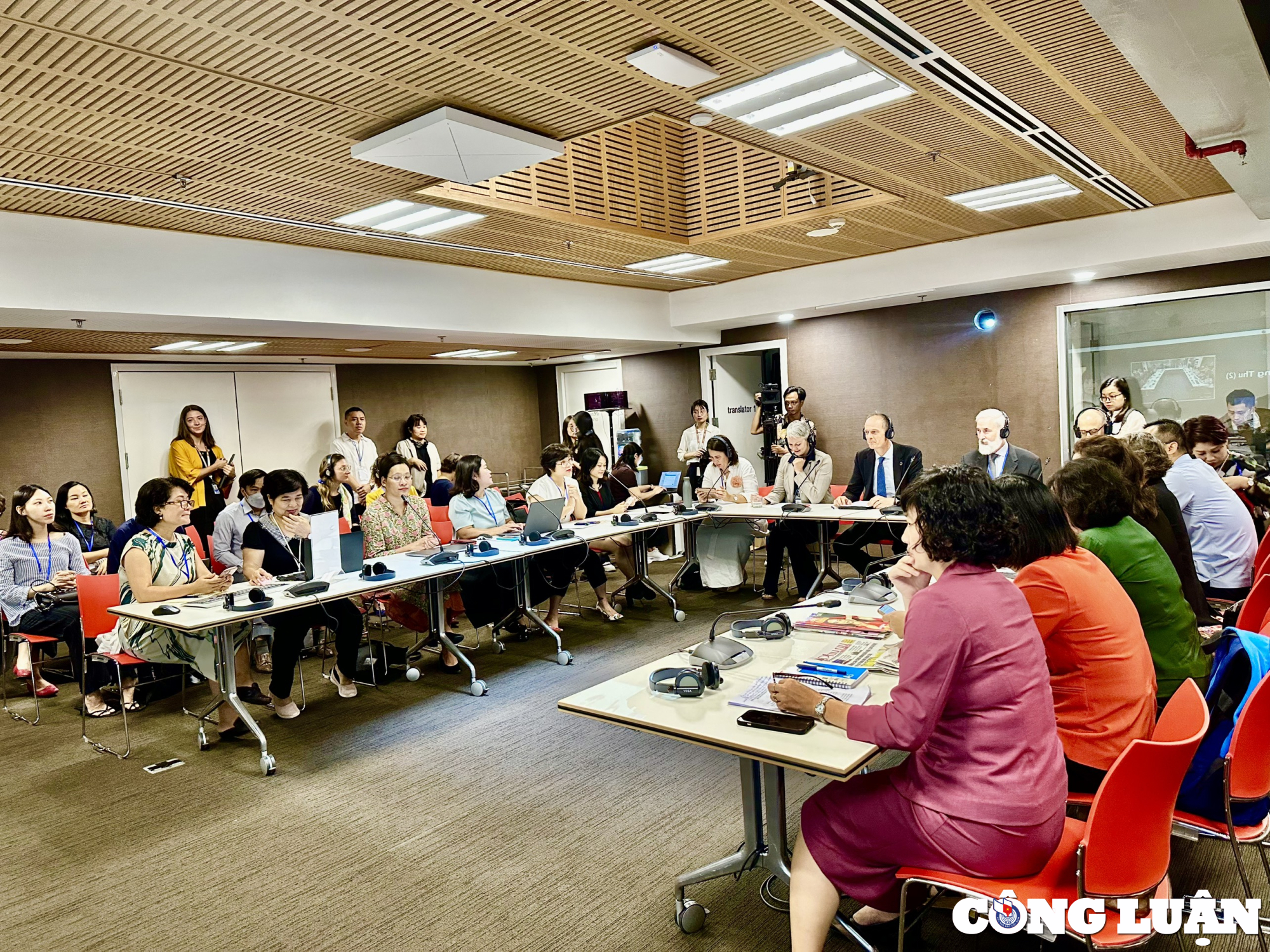
View of the discussion.
There are still many gender stereotypes.
In her welcoming speech, Ms. Hilde Solbakken - Norwegian Ambassador stated that gender equality is always a hot topic not only in Vietnam but also in most countries in the world . The press, with its noble mission, has been exploiting information as well as proposing important solutions to many issues related to gender equality.
"When reporting on a political event, for example, we often pay attention to the appearance of female politicians, what color shoes they wear; what kind of clothes they wear? For women, it is common to encounter gender stereotypes when reporting on news stories. Such gender stereotypes are rooted in societal ideas about gender inequality.
And to deal with this and similar stereotypes, what should we do as journalists? I would love to hear from those of you sitting here what your experiences are in reporting on gender-based violence, how to avoid gender stereotypes?, Ms. Hilde Solbakken shared.
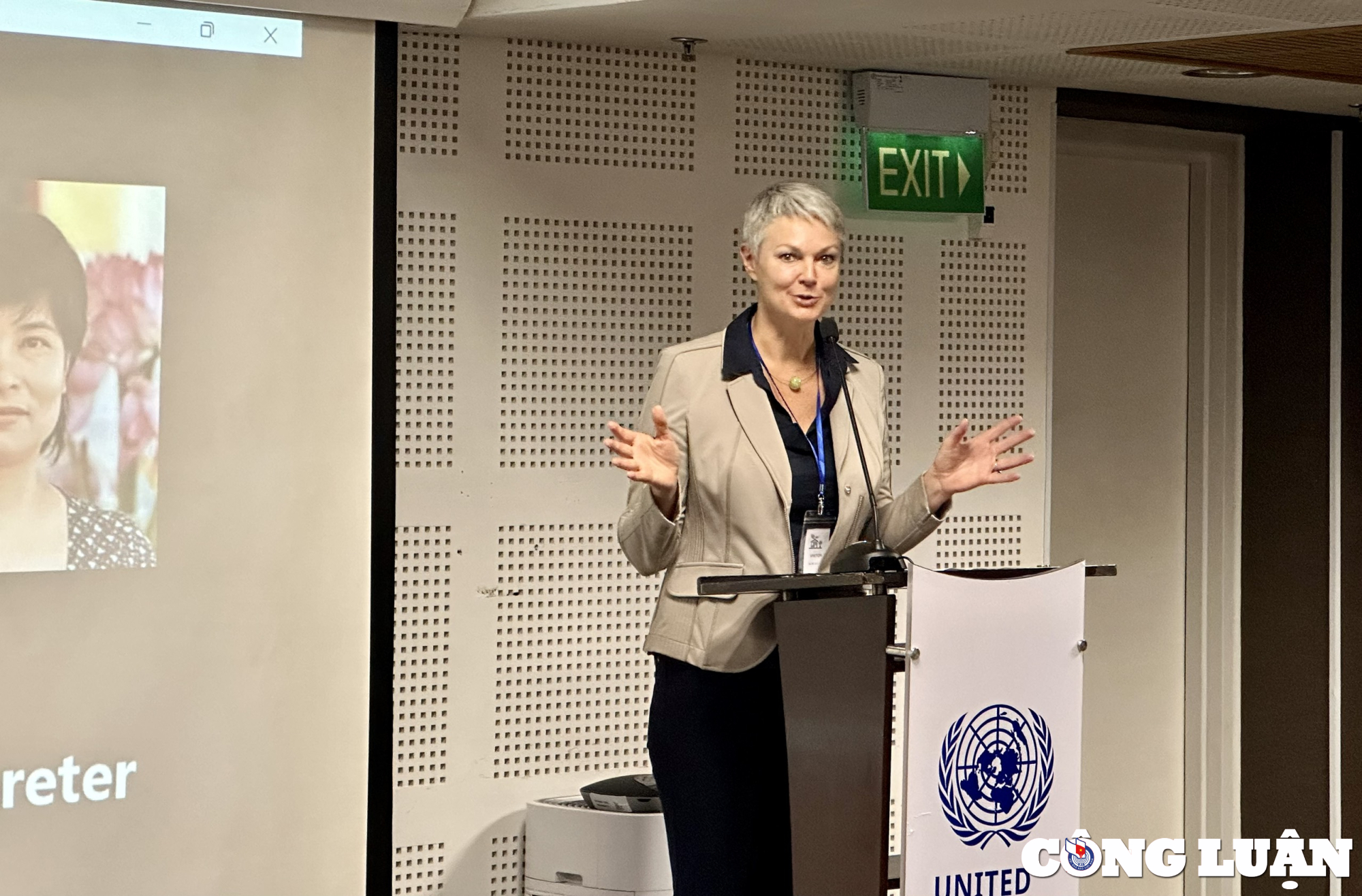
Ms. Hilde Solbakken - Norwegian Ambassador spoke.
As one of three newspapers operating nationwide, the Capital Women's Newspaper is the mouthpiece of the Hanoi Women's Union. Ms. Tran Hoang Lan - Head of Family Department, Capital Women's Newspaper said that since its establishment, the newspaper has determined its principles and purposes as a forum on gender, protecting and caring for the legitimate rights and interests of women. Besides the advantages such as the newspaper always being facilitated in reporting on gender, gender equality, and eliminating gender prejudice. However, as a newspaper, Capital Women is also subject to gender prejudice in society.
Ms. Tran Hoang Lan cited that many localities, agencies, and organizations still have the prejudice that women's newspapers are only interested in issues such as: "fish, vegetable leaves", "mother-in-law-daughter-in-law relationships", "bedroom matters", "husband and wife feelings"... "Gender prejudice has hindered the scope of activities and topics of reporters", Ms. Lan said.
According to Ms. Tran Hoang Lan, a reporter for the Capital Women's Newspaper, when writing an article about personnel work, including female staff, she was asked by the district authorities: "Why is the Women's Newspaper interested in this issue?"
When writing an article about the role of women in building new rural areas in a mountainous commune, the leader of the commune People's Committee was surprised because "Female reporters of the press work so far away?". It shows that female reporters in the press are already prejudiced as weak and not proactive.
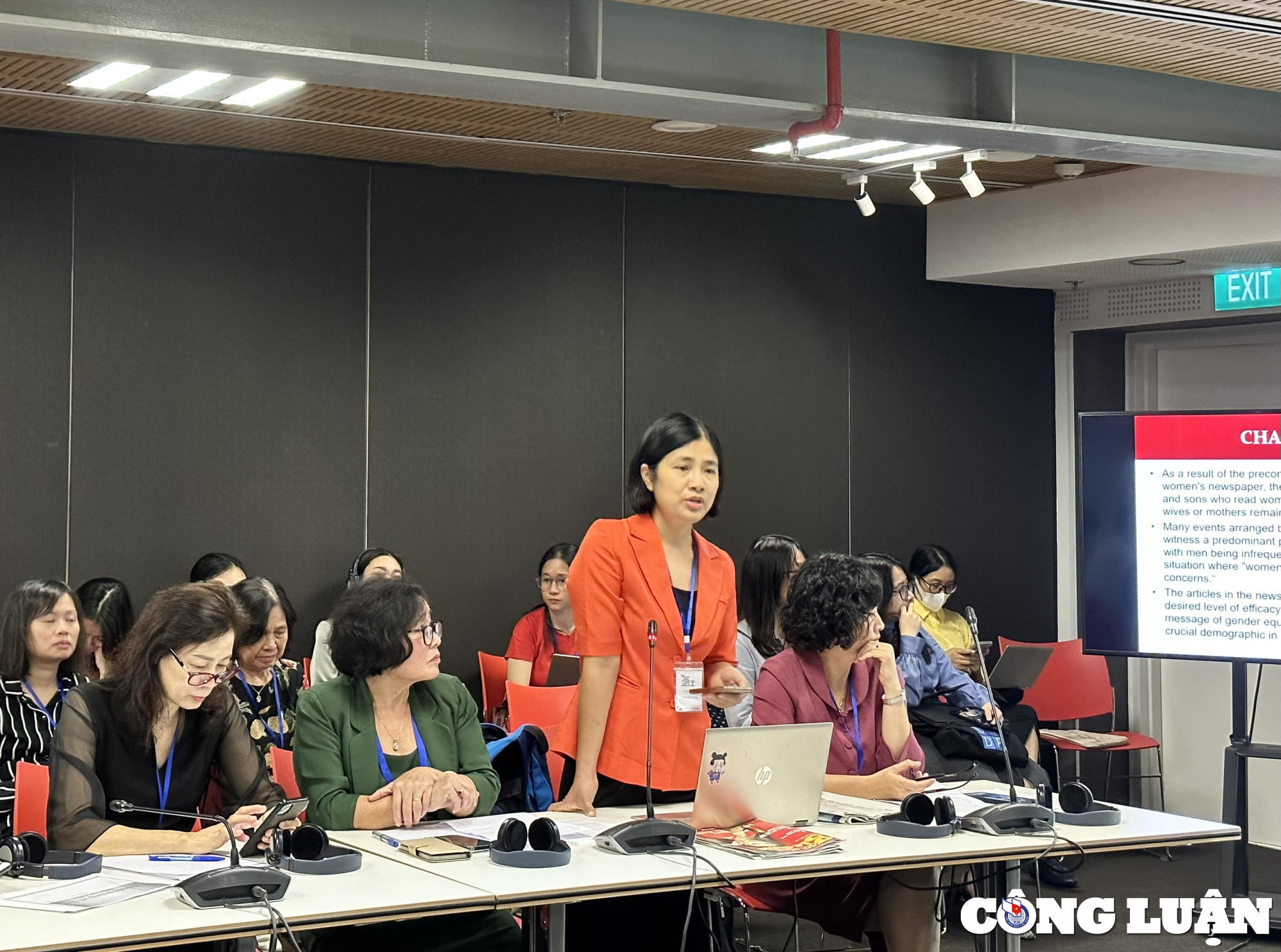
Ms. Tran Hoang Lan - Head of Family Department, Capital Women Newspaper mentioned many remaining issues in the work of female journalists.
Ms. Lan added that when working on cases directly related to gender such as violence and abuse against women and children: Many victims refuse to report, cooperate or hide evidence from the perpetrators (who may be family members) due to psychological barriers or lack of legal knowledge. Female reporters participating in many cases also face danger and threats from perpetrators of violence and abuse.
Meanwhile, many men, due to the prejudice that Phu Nu newspaper only fights for women, do not share their problems with Phu Nu newspaper. In fact, Phu Nu Thu Do newspaper still reflects the voices of men on the issue of gender equality. Phu Nu Thu Do newspaper has published articles fighting for and helping many cases of men protecting their rights regarding property division after divorce, reflecting other prejudices imposed on men such as men having to be the breadwinner.
"Because it is considered a women's newspaper, the percentage of men, husbands, and sons reading women's newspapers with their wives or mothers is still low. Many events organized by the press still have a majority of female participants, with few men participating, leading to the reality of "women talking to women about women's issues". Articles in the press have not achieved the effectiveness and scope of propaganda to men while this is an important force in implementing gender equality", Ms. Tran Hoang Lan raised the issue.
Need for synergy
With continuous efforts over many years, Vietnam has achieved many achievements in gender equality, and has been recognized by the world as one of the 10 countries that best implement goal 5 on promoting gender equality and empowering all women and girls in the United Nations' sustainable development goals. However, Vietnam is still facing many challenges in gender equality. Scientific studies have shown that gender inequality is the root cause of domestic violence and gender-based violence.
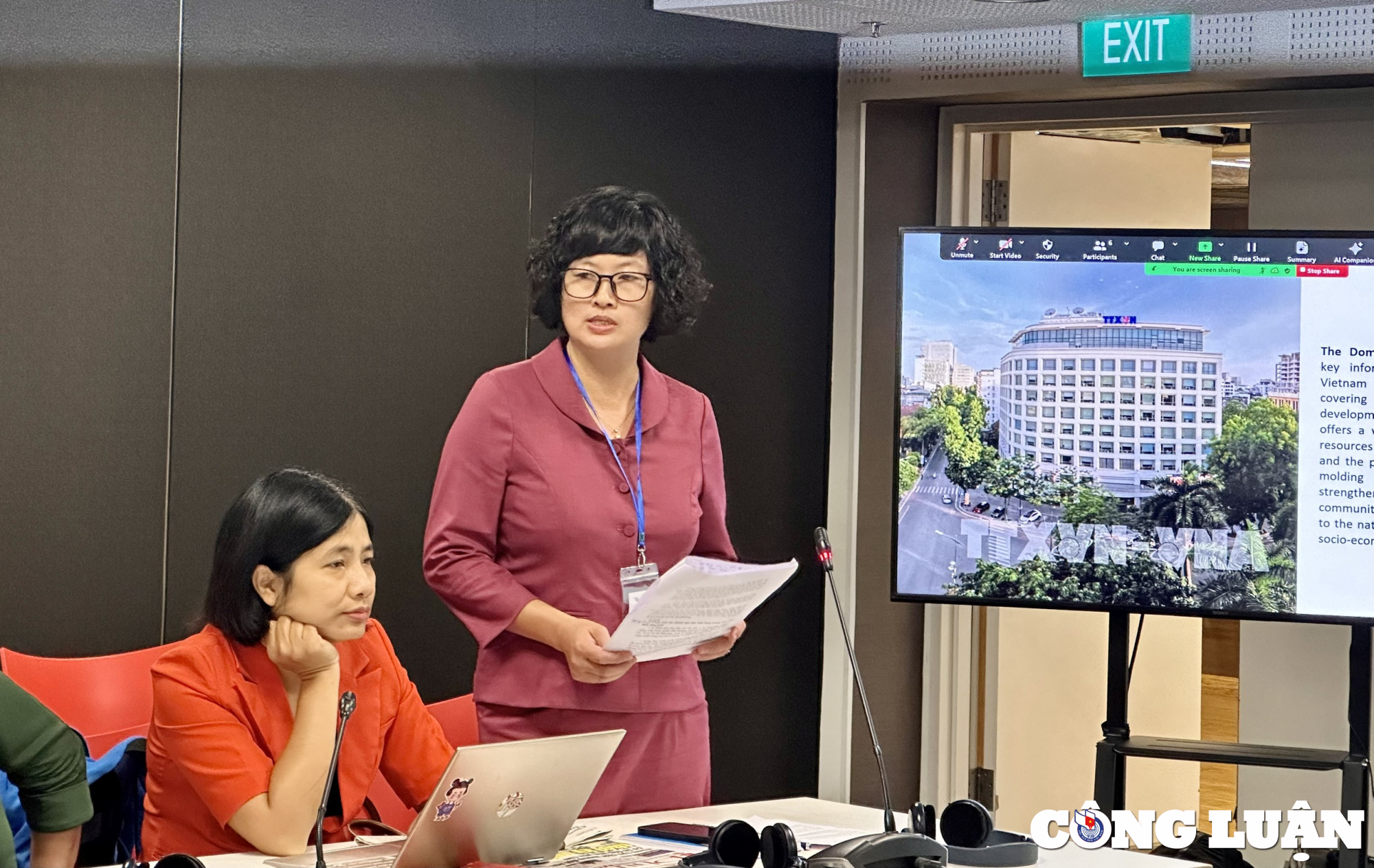
Ms. Vu Huong Thuy - Deputy Head of Domestic News Department, VNA said that with the goal of raising social awareness, information and communication work on gender equality and prevention of gender-based violence is a topic that needs to be regularly implemented by the press.
Gender equality is a particularly important issue and one of the important goals set by the Party and State of Vietnam during the renovation period. To achieve this goal, the coordination of many different factors is needed, in which, according to many experts, education to raise awareness of gender equality is extremely necessary.
Ms. Vu Huong Thuy - Deputy Head of Domestic News Department, VNA shared that with the advantage of specialized newsrooms and 63 permanent offices in localities, the Domestic News Editorial Board has clearly and promptly reported on the activities and solutions of ministries, branches and localities to continue to narrow the gender gap, create conditions and opportunities for women and men to participate and enjoy equality in all areas of social life, contributing to the sustainable development of the country and realizing the goal of gender equality.
Each year, the National News Editorial Board publishes more than 1,000 articles related to gender equality and gender-based violence prevention.
However, Ms. Vu Huong Thuy frankly admitted that information and communication work on preventing and combating gender-based violence still has shortcomings and limitations. Specifically, information is not regular and continuous. Communication forms are not rich and diverse.
The main reason, according to Ms. Thuy, is the lack of close coordination between agencies. Knowledge, capacity, and professional experience in communicating about gender-based violence among officials and reporters are still lacking. "In particular, funding to develop and implement diverse and in-depth communication programs and works on preventing and combating prostitution is still lacking and does not meet the requirements," Ms. Thuy said.
In order for the propaganda work on gender equality and prevention of gender-based violence to be effective in the coming time, Ms. Vu Huong Thuy said that agencies, organizations and localities need to create conditions for press agencies to participate in the policy-making process.
Press agencies need to have the fastest access to official, authentic sources of information related to gender equality and gender-based violence prevention and control. Ms. Thuy emphasized: "Agencies should proactively provide relevant information and data to create a combined strength to condemn and combat gender-based violence, and enhance training in knowledge and skills for reporters and editors of gender-based violence prevention and control press agencies."
It can be said that gender equality is one of the factors to determine a fair, democratic, civilized society; creating economic development and improving the country's human resources. Building a society with gender equality, ensuring gender equality is a call not only for women in particular but for the whole society, and gender equality for both men and women thereby contributes to building a world of sustainable development.
Phan Hoa Giang
Source








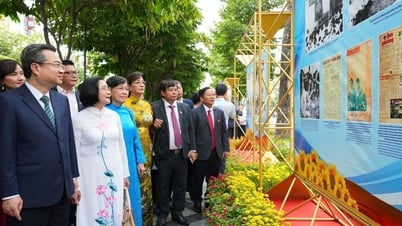

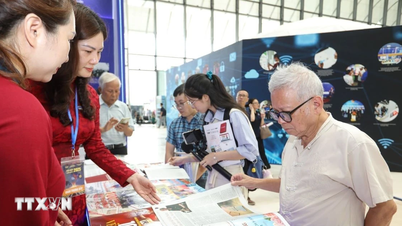

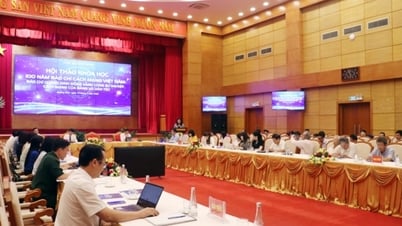

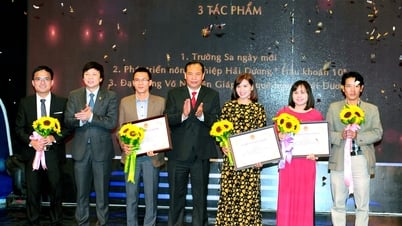

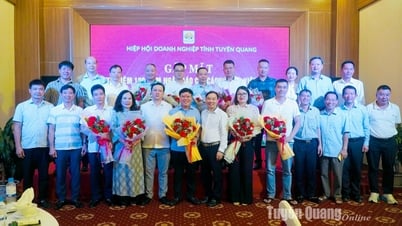

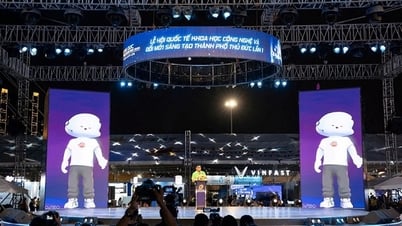



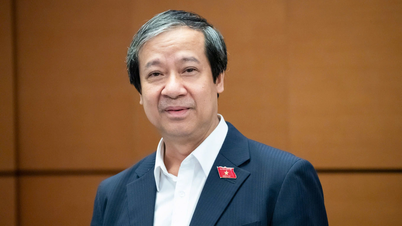
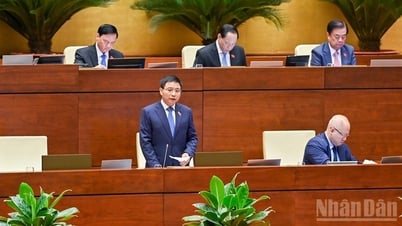

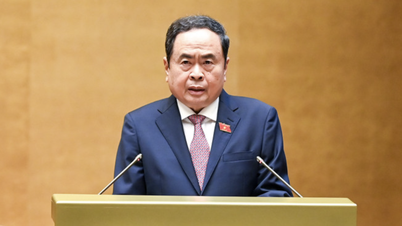
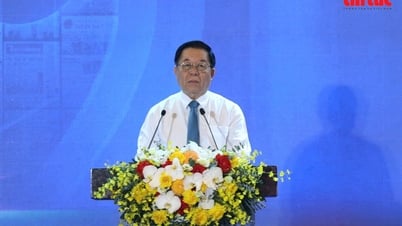

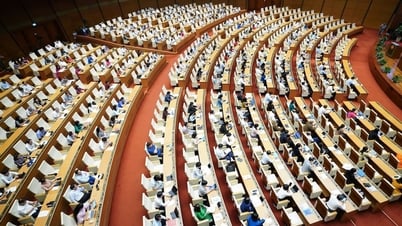


























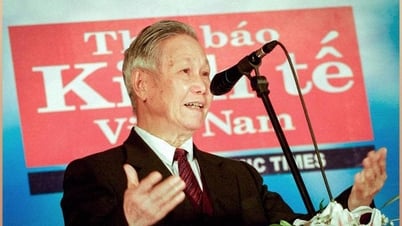
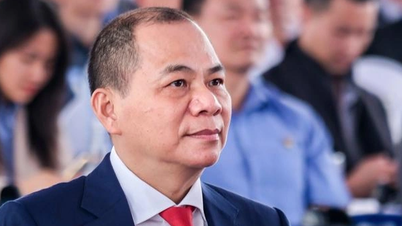













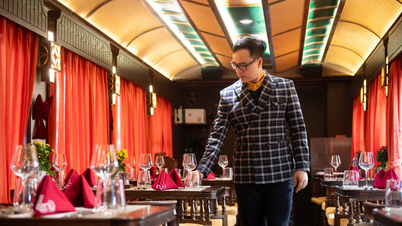
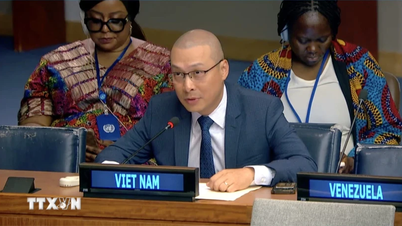


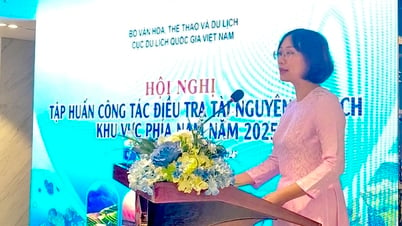
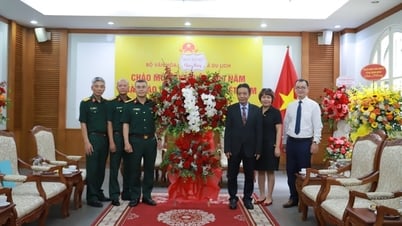
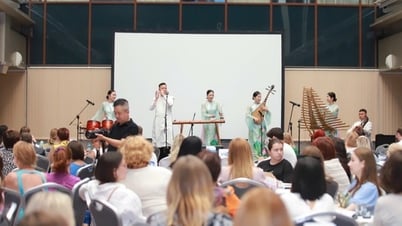
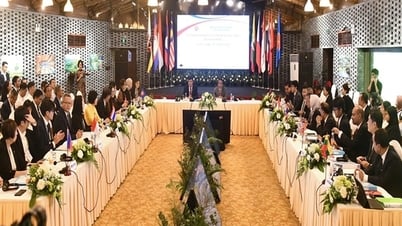
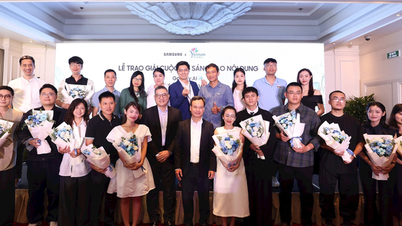


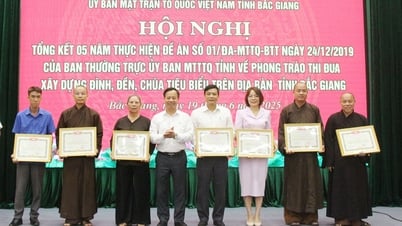



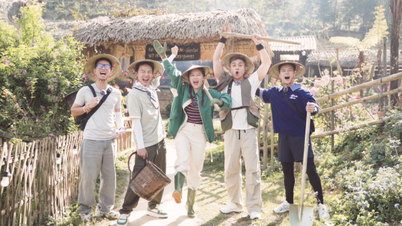
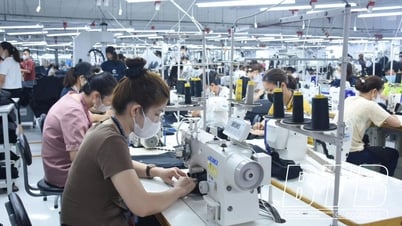







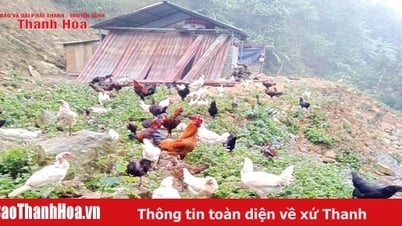







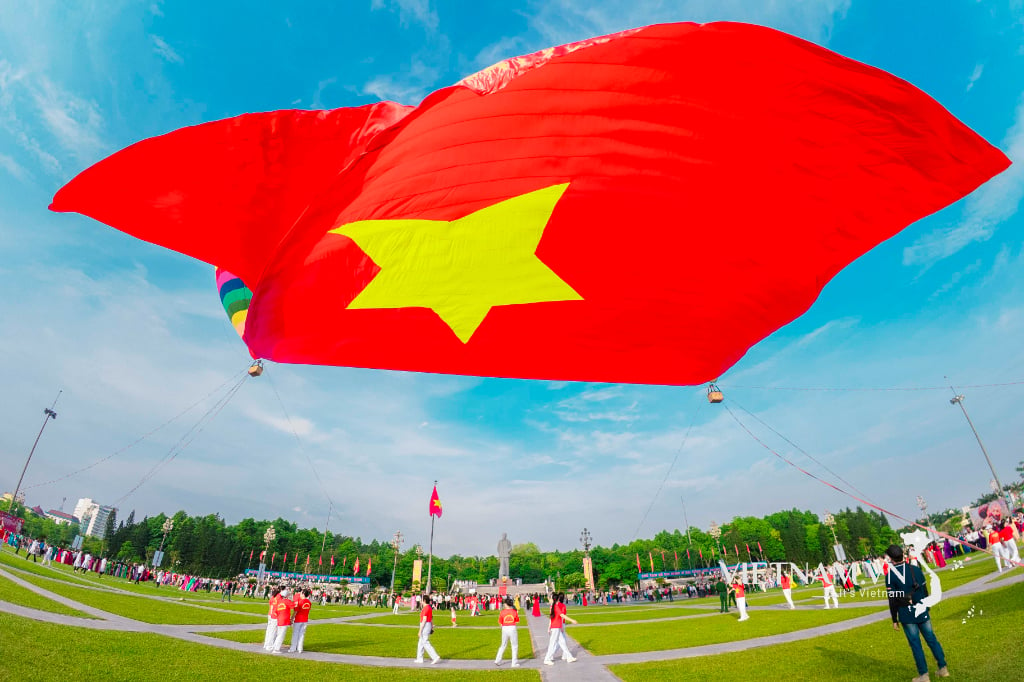
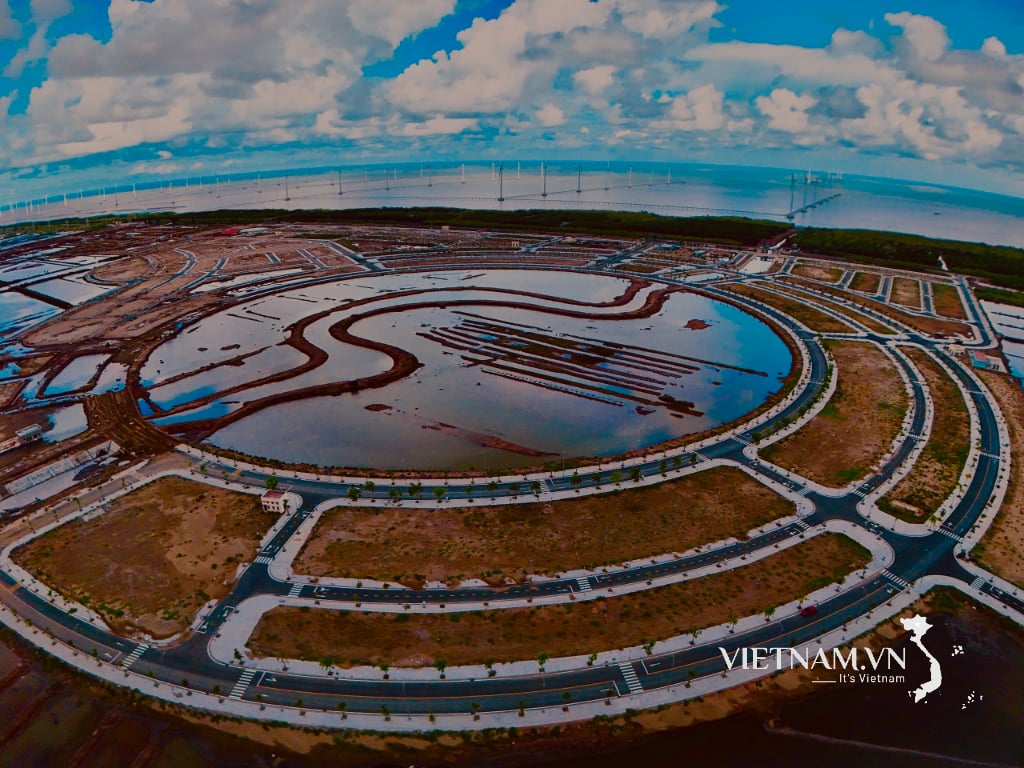
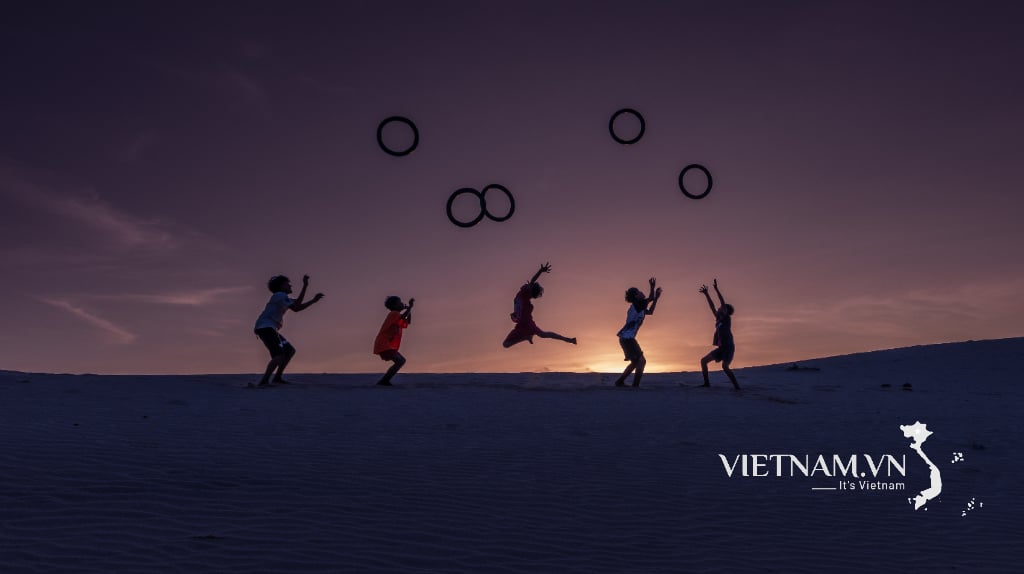

Comment (0)